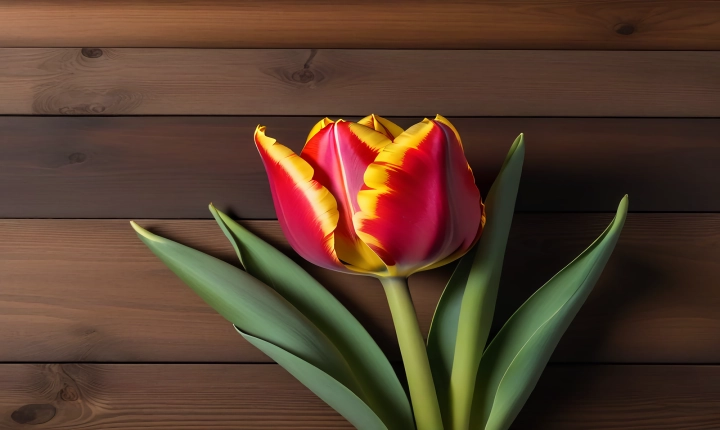Creating AI art has become an exciting and accessible avenue for artists and technology enthusiasts alike. The use of machine learning algorithms and neural networks has opened up a world of possibilities for generating unique, engaging, and thought-provoking artworks. In this article, we will explore the process of creating AI art mid-journey, where the artist collaborates with the AI to co-create art.
The first step in creating AI art mid-journey is to select the proper AI tool or platform. There are several options available, ranging from open-source libraries such as TensorFlow and PyTorch to user-friendly apps like DeepArt and RunwayML. Each tool or platform has its own unique features and functionalities, so it’s essential to choose one that aligns with your artistic vision and level of technical expertise.
Once you have chosen your AI tool, it’s time to familiarize yourself with its capabilities and functionalities. Many AI tools provide pre-trained models for generating art, while others allow you to train your own models based on specific input data. Understanding how to manipulate parameters, input data, and layers within the AI tool is crucial for achieving the desired artistic output.
Next, it’s important to establish a creative process that incorporates both human and AI input. This collaborative approach can take various forms, such as using the AI tool to generate initial visual concepts and then refining them manually, or integrating human-created artwork as input data for the AI to manipulate.
As you embark on your AI art mid-journey, consider experimenting with different styles, techniques, and subject matters. Whether you’re interested in producing abstract, surreal, or photorealistic art, there are AI tools and models available to suit your creative vision. Embrace the unpredictable and experimental nature of working with AI, and don’t be afraid to push the boundaries of traditional art-making processes.
Throughout the creation process, it’s essential to maintain an open and adaptive mindset. Embrace the unexpected outcomes and errors that may occur when working with AI, as they can often lead to serendipitous discoveries and new artistic directions. The interplay between human intention and AI-generated elements can result in truly unique and compelling artworks.
Finally, as you near the completion of your AI art mid-journey, consider the implications and ethical considerations behind your creation. Reflect on the role of AI in the art-making process, and how it relates to traditional notions of authorship, creativity, and originality. Engage in conversations with other artists, technologists, and scholars to gain diverse perspectives on the intersection of AI and art.
In conclusion, creating AI art mid-journey offers a dynamic and innovative approach to artistic expression. By collaborating with AI tools and models, artists can explore new creative possibilities and challenge traditional boundaries of art-making. Embrace the collaborative nature of AI art creation, experiment with different techniques and styles, and remain open to the unexpected outcomes that emerge from the co-creative process. As the field of AI art continues to evolve, the potential for groundbreaking and boundary-pushing artworks is boundless.
